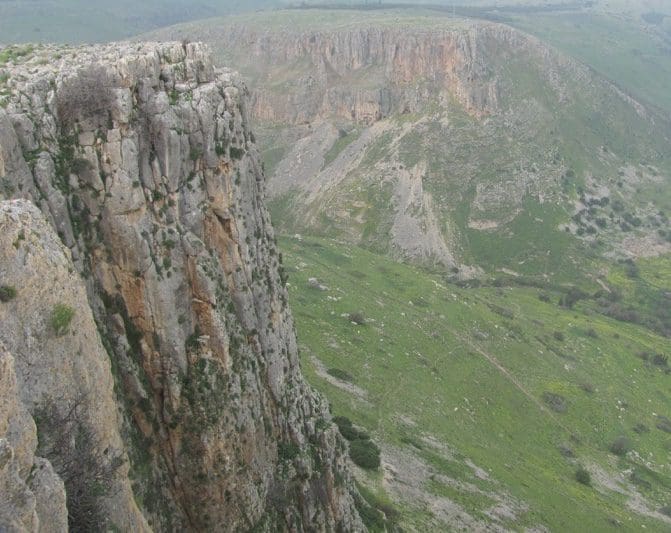As a Protestant, I grew up without the Maccabees. The two books of the Maccabees are among what my Catholic friends call the “deuterocanonical” portion of the Bible. For more than a thousand years, Christians have debated—and will continue to debate—the theological significance of those books.
Yet all of us would benefit from understanding the Maccabean period.
Judea was going through a period of Hellenization, trapped between the Syrians and Egyptians—both kingdoms having been influenced by Alexander the Great. By 200 B.C., the Syrian Seleucids had taken over Judea, and their culture took root among the upper-class Jews in Jerusalem. These were Jews ready to be done with the law and other religious trappings of Judaism. They wanted to be accepted—socially and economically—into the kingdom of their latest masters.
That didn’t sit well with observant Jews, particularly those living in the countryside. They saw two enemies: their backstabbing countrymen, and the Hellenistic Seleucids whose king had—for a bribe—unceremoniously forced out the rightful high priest.
The country rabble didn’t like it. A village priest, Mattathias the Hasmonean, and his sons organized a revolt. The youngest of whom, Judah (sometimes written as Judas), emerged as an able military leader. He was given the name “Maccabee”—drawn from the word for “hammer”—in recognition of his fierce and heroic leadership in battle. He successfully led rag-tag volunteer forces in what we’d recognize as guerrilla warfare against a much stronger opponent.
Yet the revolt almost ended at Mount Arbel in central Israel. On seeing an amassed Seleucidian army before battle, thousands of his rebels simply fled. Just 800 were left behind, many of whom were killed in the fighting, including Judah himself.
Inspired by the example of their younger brother, the priest’s two older sons—Jonathan and Simon—stepped up. They built a renewed army, taking up the name “Maccabee” in homage to Judah. They set about the work of reclaiming their country. Victory was achieved after they captured Jerusalem, sent the Seleucidians packing, and installed Jonathan as the high priest.
The Maccabees wanted Israel to govern itself, so they could worship and go about life under God’s law. Unfortunately, the freedom purchased with the blood of the Maccabees was quickly squandered. In what would end up as Israel’s last chance at sovereignty, the leaders stumbled. Again.
Rather than embrace the system of self-governance God presented to Moses, they installed yet another human king. Divided loyalties arose, creating the “Pharisee” and “Sadducee” parties who competed—sometimes violently—for political leadership.
This created an opportunity for the region’s new superpower, Rome, to step in. By 63 B.C., Israel had become a client kingdom. In 37 B.C., all pretense was dropped, and the Roman Senate installed Herod the Great as “King of the Jews.”
Self-governance in Israel was destroyed by preening politicians more concerned with their own power and prestige than the principles of the people they nominally served.
Today’s grassroots movement can relate. Remember those darlings of the Tea Party, elected officials whose heads were quickly turned by the establishment elite?
Think of how often grassroots activists fight for a candidate who, in turn, uses his newfound political clout to ignore those who brought him to power. We see it with frustrating regularity. Rather than staying true to the principles upon which they campaigned, the politician betrays the grassroots and undermines his own legacy.
We must not allow the liberty achieved through self-governance to be sacrificed by politicians on the self-interested altars they erect to themselves. Even when elected officials become faithless, we citizens must remain faithful to our principles.
The Maccabees failed to hold their movement and nation together. God’s gift of self-governance vanished from Israel for two millennia. Let us pray we do better. Let us work to do better.





